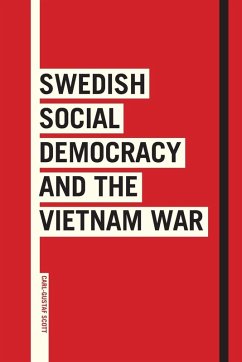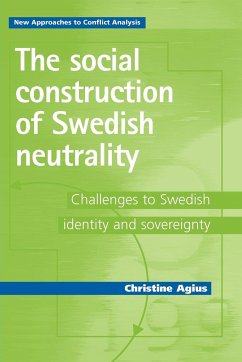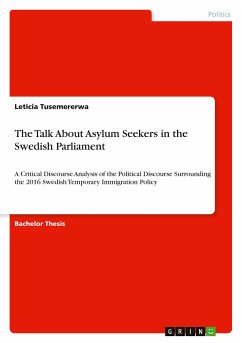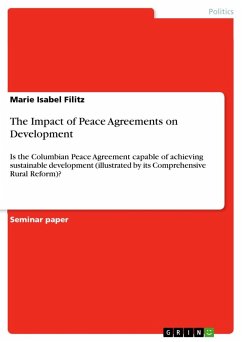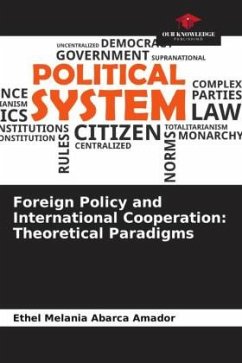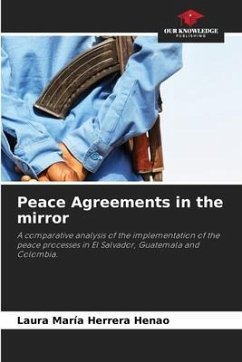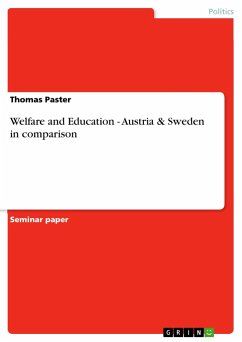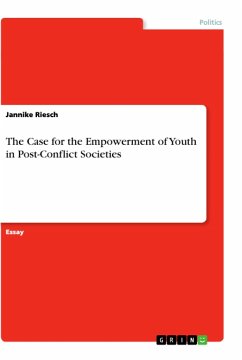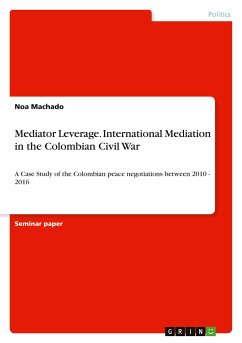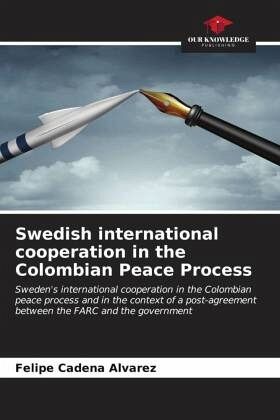
Swedish international cooperation in the Colombian Peace Process
Sweden's international cooperation in the Colombian peace process and in the context of a post-agreement between the FARC and the government
Versandkostenfrei!
Versandfertig in 6-10 Tagen
27,99 €
inkl. MwSt.

PAYBACK Punkte
14 °P sammeln!
Latin America's longest-running internal armed conflict between the Colombian state and the FARC guerrilla group reached its difficult Peace Accord in September 2016. After an unprecedented failure in a government plebiscite directed to the Colombian people to decide whether or not the government and the FARC should agree on what was agreed, this great achievement for Colombian history marked a turning point for a divided country that suffered indiscriminate violence for many decades but still has difficult challenges to overcome such as inequality, corruption and poverty, which not even the b...
Latin America's longest-running internal armed conflict between the Colombian state and the FARC guerrilla group reached its difficult Peace Accord in September 2016. After an unprecedented failure in a government plebiscite directed to the Colombian people to decide whether or not the government and the FARC should agree on what was agreed, this great achievement for Colombian history marked a turning point for a divided country that suffered indiscriminate violence for many decades but still has difficult challenges to overcome such as inequality, corruption and poverty, which not even the best international cooperation can overcome. However, none of this would have been possible without the intervention and guarantee of various international observers and actors who were involved before, during and after the negotiation process. For this reason, it was possible to analyse in detail the role of the Kingdom of Sweden and its different international cooperation agencies in the Colombian peace process and in a post-agreement context between the FARC and the Colombian government.



